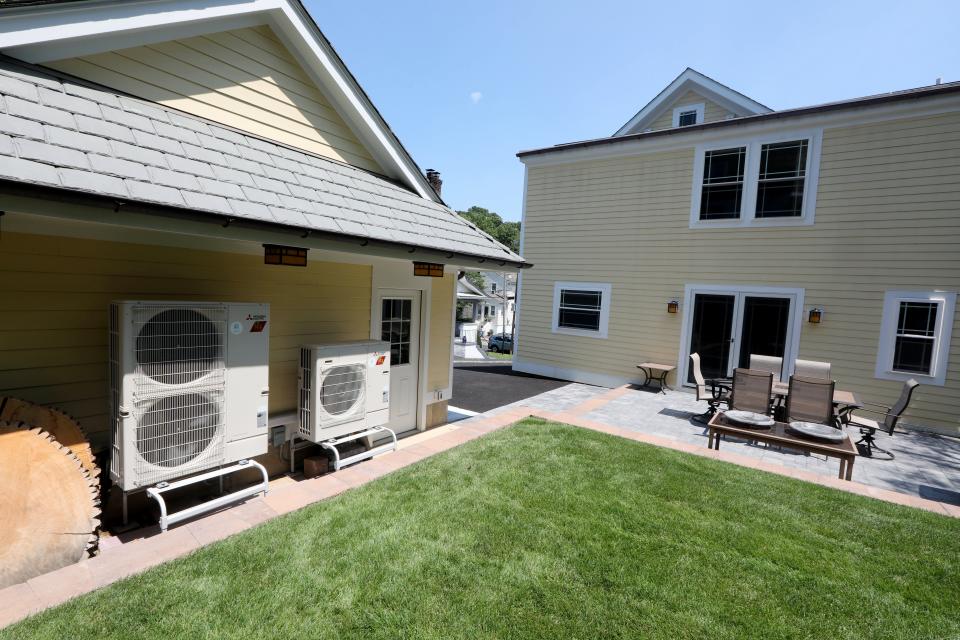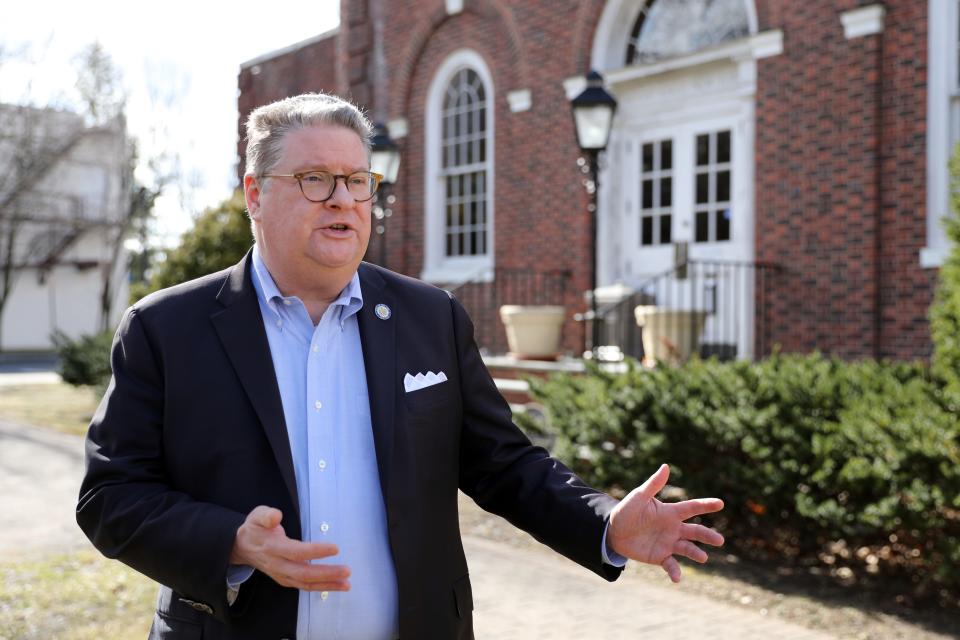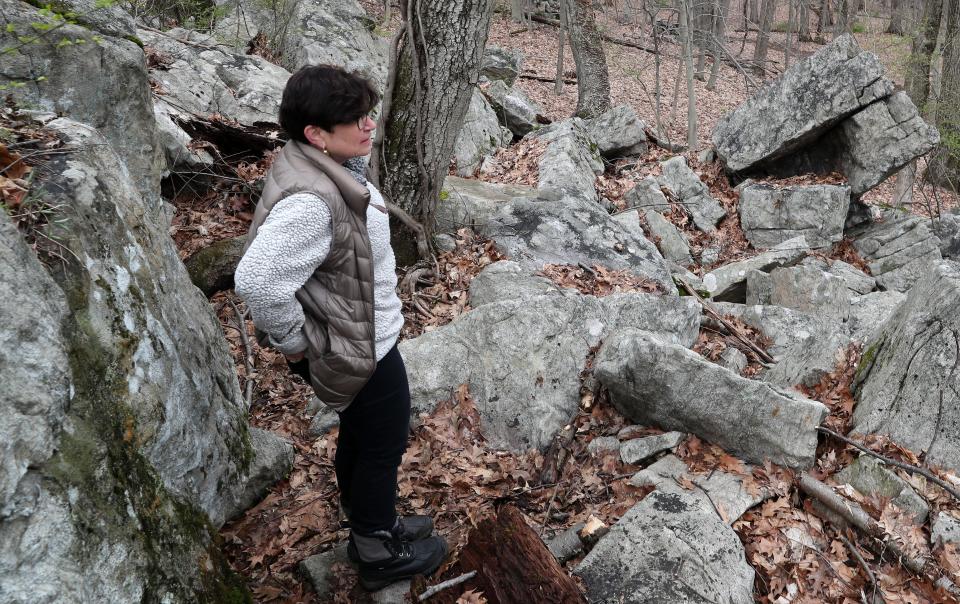Heat pumps, opioids, Native American stones
Welcome to the weekly Tax Watch newsletter.
As I hunker down in this week's heat wave with my window air conditioners whirring, and my ceiling fans spinning, I put the finishing touches on my investigation into the state's Clean Heat program. The program provides incentives for air-source heat pumps, which are essentially two-way air conditioners that both heat and cool, allowing some homeowners to retire their fossil-fuel burning boilers.

It was an adventure, getting my arms around Con Edison's wildly popular - and generous - incentive program that provided rebates five times higher than other state utilities. The latest heat pumps are quite efficient and are seen as the heating and cooling source of the future as we move away from fossil fuels. But the Con Edison program was so popular that the utility had to shut it down because it had run out of available funds.
Even if you don't install heat pumps in your home, you'll be chipping in to pay for the shift to heat pumps. Con Edison pays for the incentives from the revenues it receives from your electric bill, under a program approved by the state Public Service Commission.
Opioids
My recent column on opioid overdose deaths and state addiction policy hit me personally, with two of my partner’s relatives – young men in their late 20s and early 30s - dying from overdoses in 2021.
My latest column delved into New York’s opioid crisis and the ongoing conflict over how to spend the proceeds from the state’s landmark settlement with opioid manufacturers, distributors and pharmacies.
The crisis is real, and its impact on the state simply staggering. Close to 5,000 New Yorkers died from opioid overdoses in 2020, with an estimated 100,000 dying nationwide.
A closer look finds that roughly 10 a month died from opioid overdoses in Westchester.
I came across the story from a tip from a reader about a videotaped meeting of the state’s Opioid Settlement Advisory Board in Albany, which ended in rancor.
The board comprises parents of those who overdosed and died, a woman in recovery, health care professionals and government officials, parents and those in recovery were on the panel as part of a deal to bring their voices into the policy debates. They weren’t happy that the agreement – which said they were to be consulted on $184 million in spending for 2022-23 – had reduced their involvement to just $45 million.

It was good to see that the families had an ally in state Sen. Pete Harckham, D-Lewisboro, who has spoken frankly about his own struggles with addiction and chairs the Senate Committee on Alcoholism and Substance Abuse. He called on the Hochul administration to live up to the agreement.
Chappaqua and Native American stones
I’ve written about housing in Chappaqua for many years – from the town of New Castle’s opposition to affordable housing by the Metro North tracks at Chappaqua station to the outcry over a zoning proposal that would have allowed more 1,000 rental units downtown.
Then there’s the Chappaqua school district’s speculative real estate deal on 20 acres on Buttonhook Road, which the district has kept off the taxes rolls for 49 years. The district decided to sell the surplus land a decade ago. But it did something I’ve never seen a school district do: it decided to serve as a real estate developer, obtaining approvals to build a six-home luxury homes.

Neighbors of the site have brought in experts who discovered Native American ceremonial stone landscapes on the site and adjacent properties. Now they want to buy the land for $1.25 million but the school district is still entertaining bids from developers.
New Yonkers park on the Hudson
Sometimes it takes municipal action to spark revival in a neighborhood. The city of Yonkers and Westchester County are making a $13 million bet on a forlorn 3-acre parking lot for buses along the Hudson River, right next to the county’s sewage treatment plant. It’s an industrial area, with residential buildings several blocks away. My colleague Diane Dombrowski took a look.
Thanks for reading,
David McKay Wilson, columnist
Email: dwilson3@lohud.com
Twitter: @davidmckay415
Mobile: 914-217-5600
This article originally appeared on Rockland/Westchester Journal News: Tax Watch newsletter: Con Edison incentive program shut down

